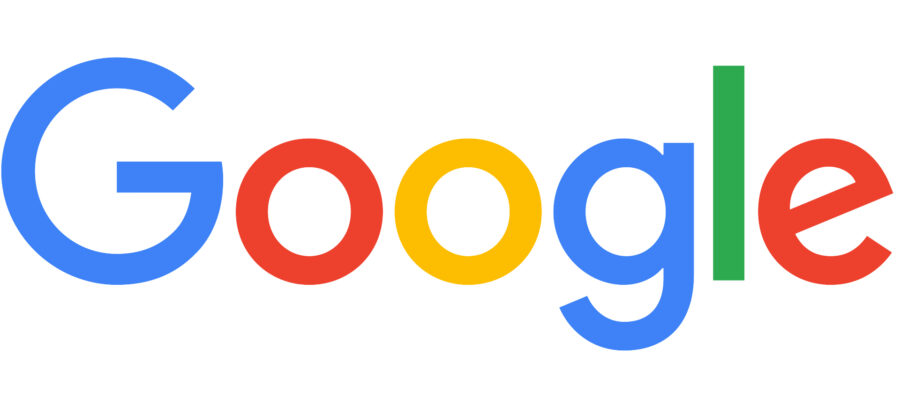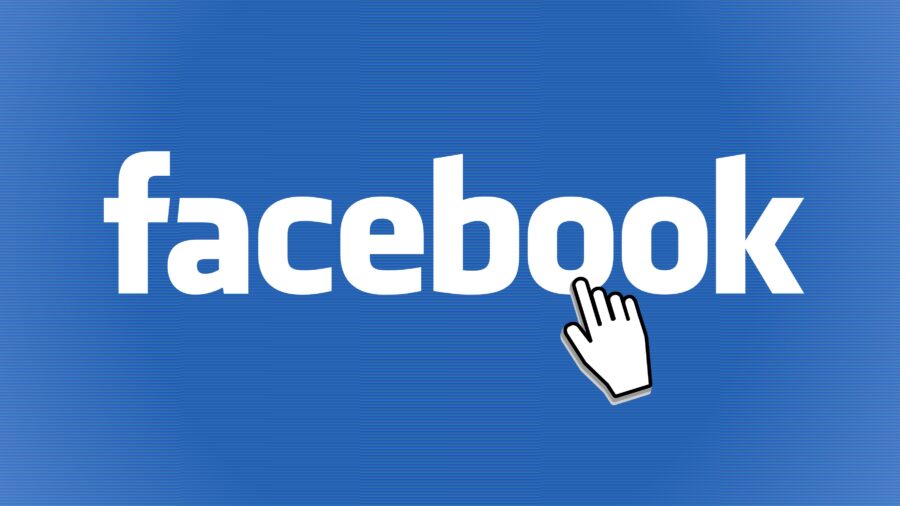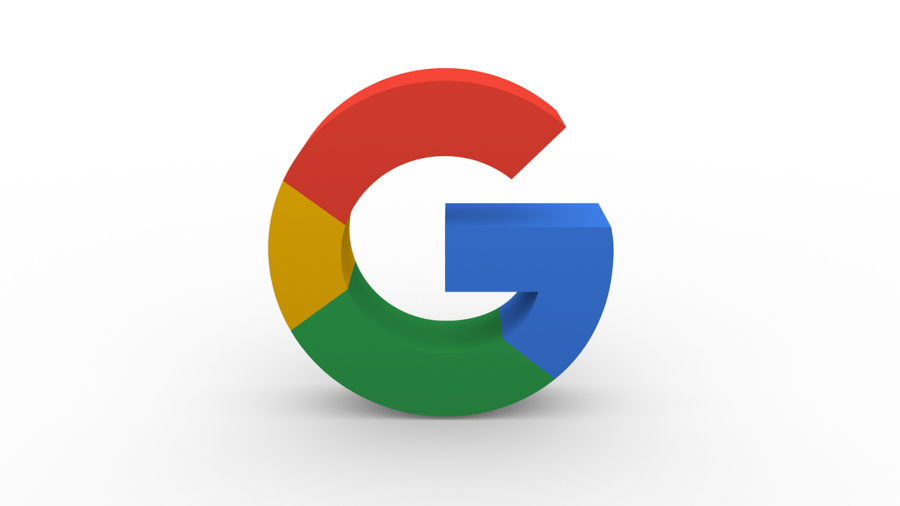Google Threatens To Ban Australia
Google has threatened to turn their search engine off for Australian users if a proposed bill goes through that country's Parliament
This article is more than 2 years old
The number one search engine in the world, Google, has just threatened the entire country of Australia with the removal of said search engine if a proposed code passes the Australian parliament. The code would force Google to negotiate payments to all news media companies for the content they provide on the search engine. Not to be outdone, Facebook is also threatening Australia to remove the ability to see or post news articles on their site if the proposed code goes through.
A move of this magnitude from the tech giants would leave Australia’s 19 million-users-per-month unable to use the Google search engine while banning 17 million Australians who use Facebook each month from the ability to see or post news articles. It’s a fascinating look at what this kind of regulation would mean for all sides of the equation.
The legislation that is currently before the Australian parliament would begin by forcing the digital giants into negotiations for payment of content with news media companies. And if no agreement could be made between Google, Facebook, and the news media companies, then an arbiter would ultimately get to decide on payment amounts.

Mel Silva, Google’s Australian managing director, told a Senate committee via The Guardian,
“The principle of unrestricted linking between websites is fundamental to search and coupled with the unmanageable financial and operational risk if this version of the code were to become law, it would give us no real choice but to stop making Google Search available in Australia,” she said. “Withdrawing our services from Australia is the last thing that Google want to have happen, especially when there is another way forward.”
Australia’s Prime Minister, Scott Morrison, was not having any of it, nor would they give into literal threats from the tech giants. He said at a press conference:
“Let me be clear. Australia makes our rules for things you can do in Australia. That’s done in our parliament. It’s done by our government. And that’s how things work here in Australia and people who want to work with that, in Australia, you’re very welcome. But we don’t respond to threats.”
Reset Australia is an organization that is lobbying for the regulation that would see Google and Facebook pay their fair share says that Google is bullying Australia. Chris Cooper, executive director of Reset Australia had this to say:
“Today’s egregious threats show Google has the body of behemoth, but the brain of brat…When a private corporation tries to use its monopoly power to threaten and bully a sovereign nation, it’s a surefire sign that regulation is long overdue.”
The pressure from Google was not the only pressure Australia faced as the other big tech giant, Facebook, reiterated their stance on this new proposed code. Facebook’s head of public policy in Australia, Josh Machin, warned once again that if the code were to be passed, that not only would Facebook prevent news organizations from posting links on their website, but they would also prevent all Australia-based users from posting news links. Oh, to have such power and this latest news might only ramp up anti-trust talk for the search engine.

Machin claims that news articles make up less than 5% of what the average user sees in their feeds and that the company sees little commercial benefit from any of the news articles posted on Facebook. But Dan Stinton, The Guardian Australia’s managing director, countered saying Facebook was misleading everyone because it is, in fact, news articles that keep users engaged on Facebook.
“The way you advertise on Facebook is within the Facebook newsfeed and news content does provide at least some of the engagement that the Facebook newsfeed delivers,” he said. “So I’m surprised that they say they see no value in journalism within the Facebook newsfeed.”
The proposed code was developed by the Australian Competition and Consumer Commission and its chairperson, Rod Sims, explained why the code was written and its intentions. “What this code does is it gives the possibility of arbitration, which I suspect won’t be used that often, but that possibility evens up the bargaining process. This is really the only way we can get commercial deals.”

He also said that the code is not a pay per click for Google or Facebook. “Discussions we are aware of have focused on paying upfront lump-sum amounts, not per click,” he said.
The power with which these tech giants wield is stunning. What makes Google and Facebook’s threat even more troubling is that the day Google read Australia the riot act, they signed an agreement with 300 French publications which would see Google pay them for their content to appear in Google’s search engine.
It will be interesting to see what things go from here. Whichever way, the precedent will be set by Google and it may not be a precedent we care for.












